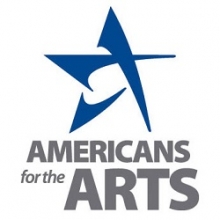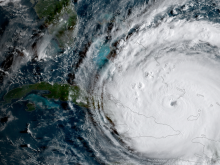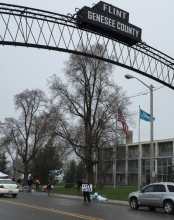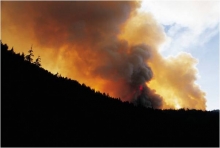Americans for the Arts continues to closely monitor recommendations from the Centers for Disease Control (CDC) and the Federal and D.C. governments as developments evolve concerning the coronavirus. Our organization cares about the health and safety of our members, stakeholders, staff, and board in communities across the country, and we understand that health, work, and travel require personal decisions that individuals must make for themselves.
We have updated our Resource Center to help you navigate to information more quickly.
FOR ORGANIZATIONS: Are you an arts and culture organization? Arts Agency? You'll find Federal Relief information, Relief funds, helpful webinars and other resources geared to organizations.
FOR INDIVIDUALS: Are you an artist and/or creative worker? You'll find Federal Relief information, Relief funds, helpful webinars and other resources geared to individuals.
FIELD TOOLS AND RESEARCH: Your one-stop shop for all things data, research and context - Arts Agency Action Kit (Is your agency budget under threat?), Impact surveys, Data dashboards, Articles and News to put the crisis into context and National/Regional/State Resource pages.
EQUITY/MENTAL HEALTH: News, tools and resources to support your equity efforts.
REOPENING AND RESOURCES: You'll find National, State, County, and Local resource lists and access State Guidances and Phased Reopening plans.
AMERICANS FOR THE ARTS NEWS: Event updates, news and updates about our operation.
Have a resource to share? Contact us!
























